

Thursday, May 4 | 10:00 am
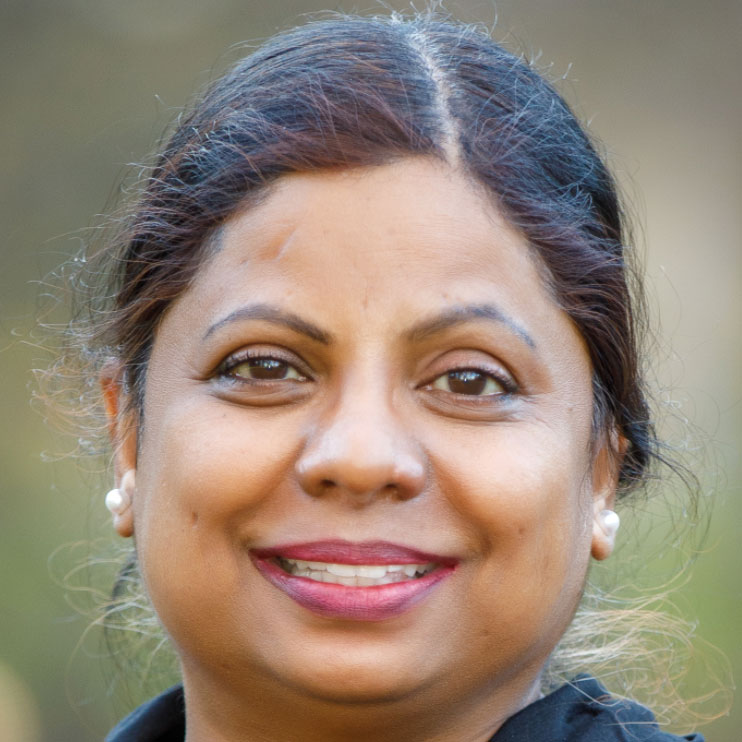
Thursday, May 4 | 10:20 am
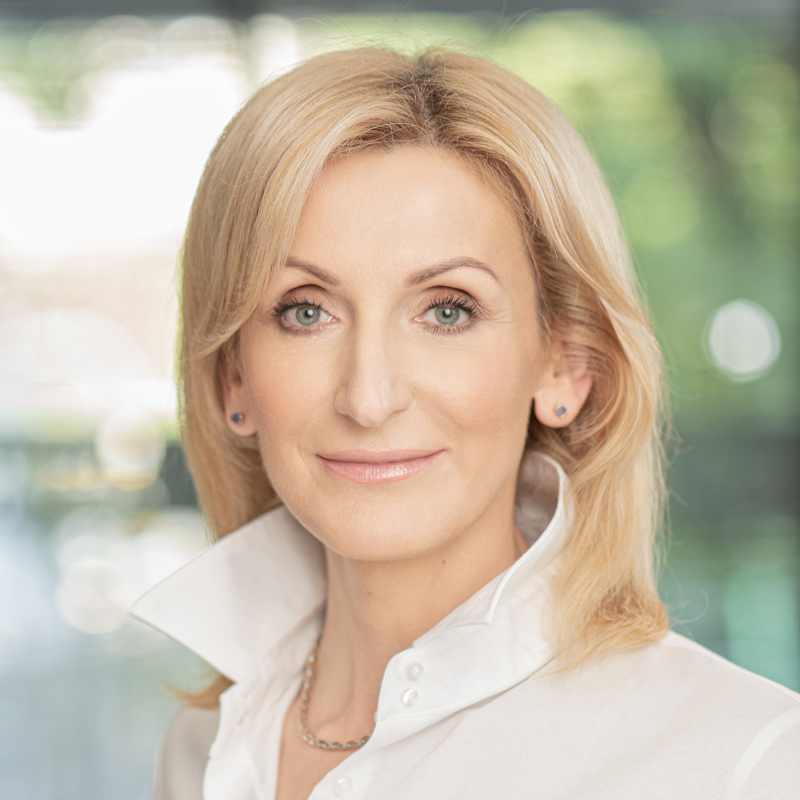
Thursday, May 4 | 10:40 am
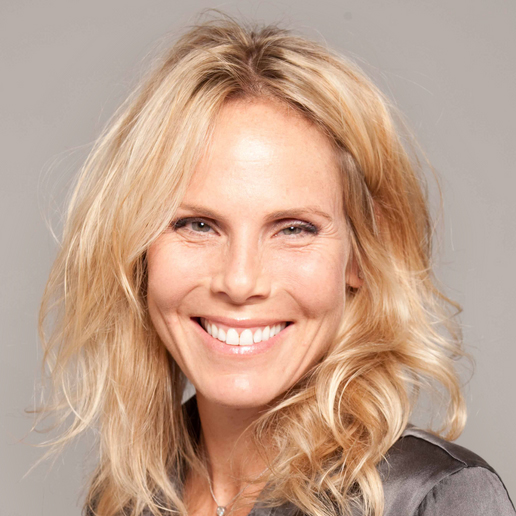
Vision and Mission – establishing longevity medicine as a clinical department.
Thursday, May 4 | 11:20 – 11:40 am
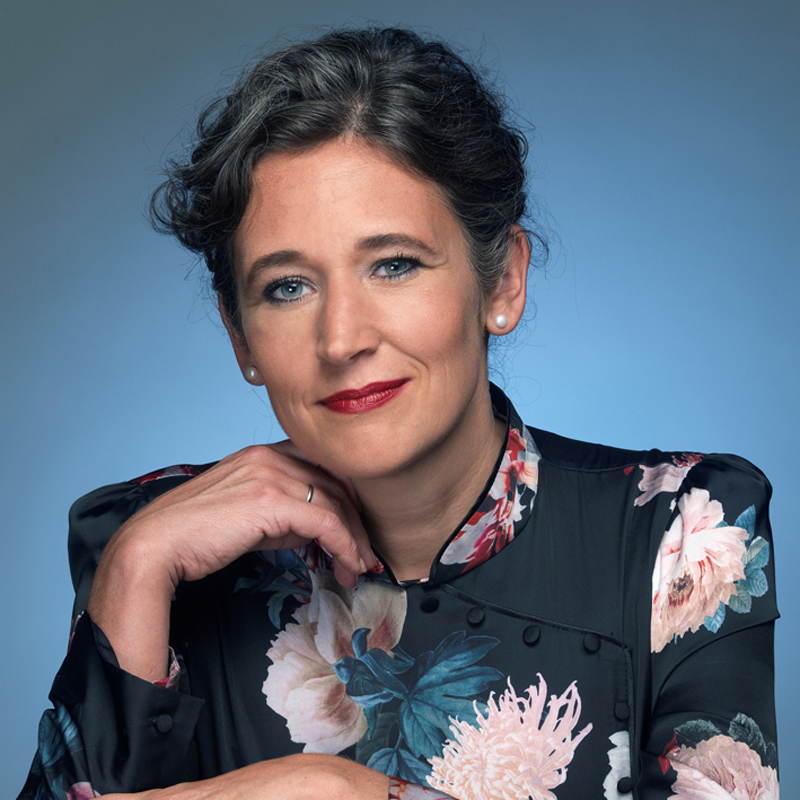
Thursday, May 4 | 11:40 – 12:00 am
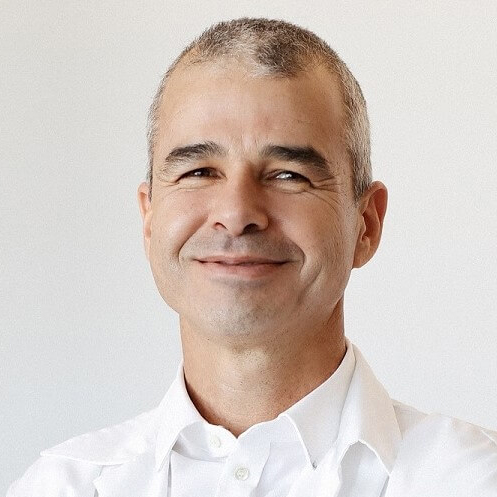
Thursday, May 4 | 12:00 – 12:20 pm
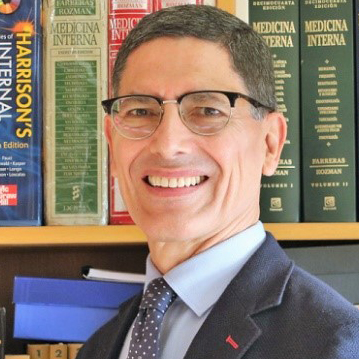
Thursday, May 4 | 17:30 pm
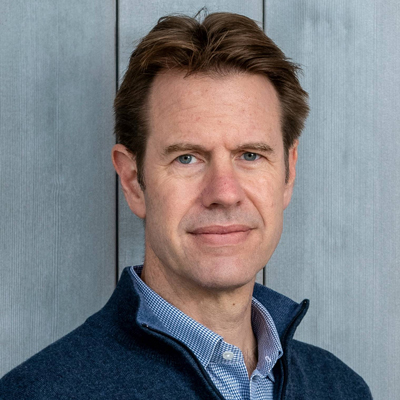
Thursday, May 4 | 17:50 pm
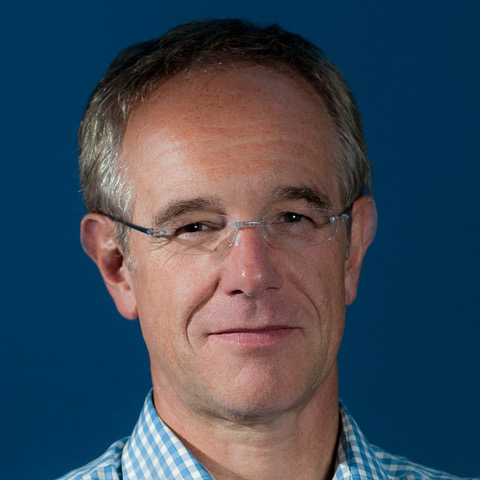
I will review recente progress in the study of the aging immune system with a focus on senescence and epigenetic regulation.
Thursday, May 4 | 15:00 – 15:20 pm
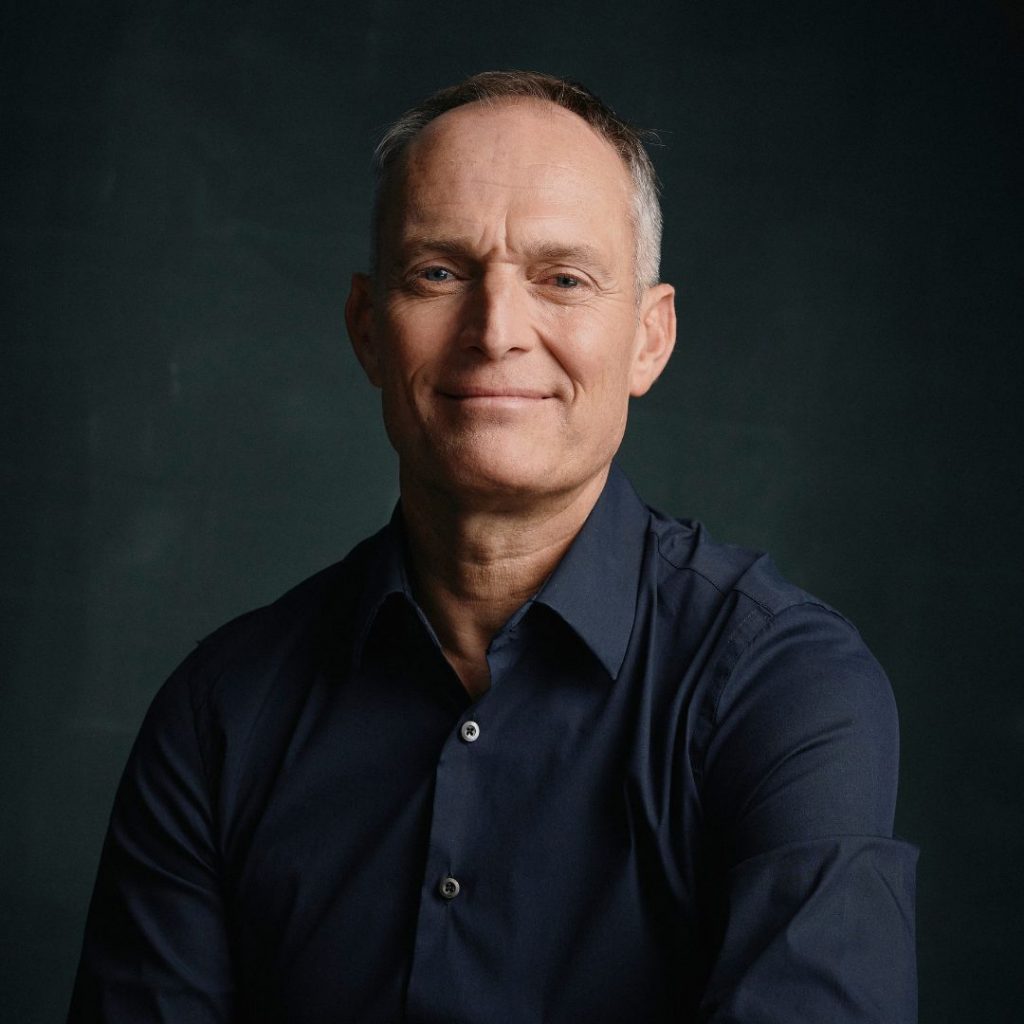
Thursday, May 4 | 15:40 – 16:00 pm
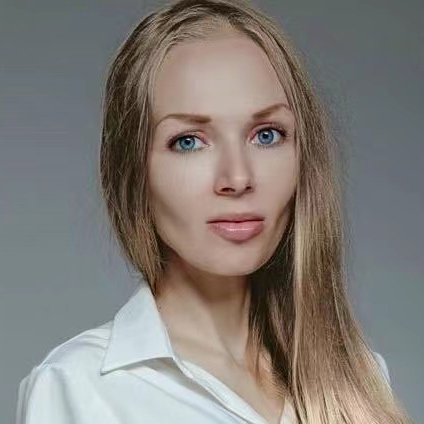
Friday, May 5 | 11:30 – 11:50 am
Friday, May 5 | 17:00 – 17:20 pm
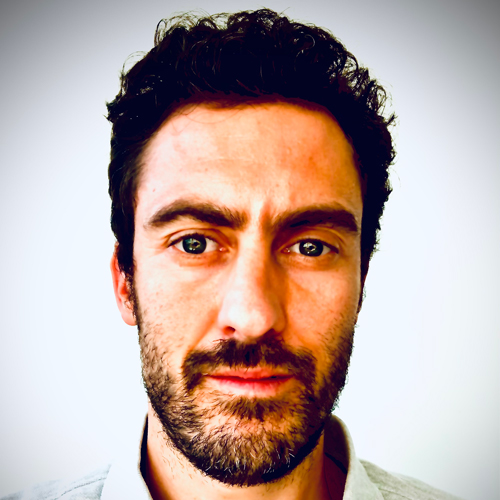
Friday, May 5 | 15:10 – 15:30 pm
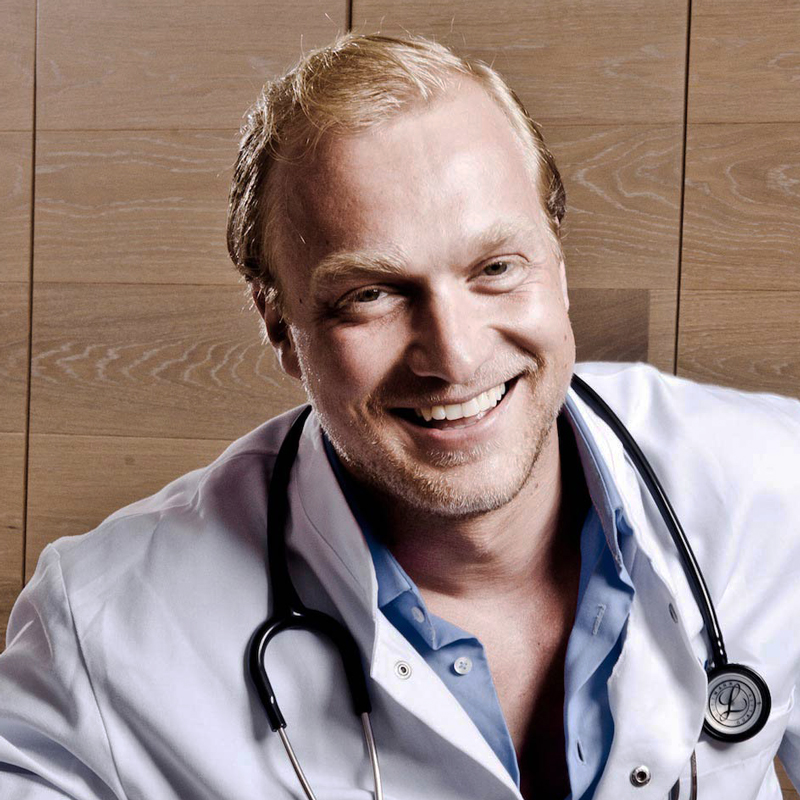
Ten years ago, the proposition that healthcare is evolving from reactive disease care to care that is predictive, preventive, personalized and participatory was regarded as highly speculative. Today, the core elements of that vision are widely accepted and have been articulated in a series of recent reports by the US Institute of Medicine. Systems approaches to biology and medicine are now beginning to provide patients, consumers and physicians with personalized information about each individual’s unique health experience of both health and disease at the molecular, cellular and organ levels. This information will make disease care radically more cost effective by personalizing care to each person’s unique biology and by treating the causes rather than the symptoms of disease. It will also provide the basis for concrete action by consumers to improve their health as they observe the impact of lifestyle decisions. Working together in digitally powered familial and affinity networks, consumers will be able to reduce the incidence of the complex chronic diseases that currently account for 75% of disease-care costs in the world.
Sign up to receive the Longevity Med Summit
updates and more
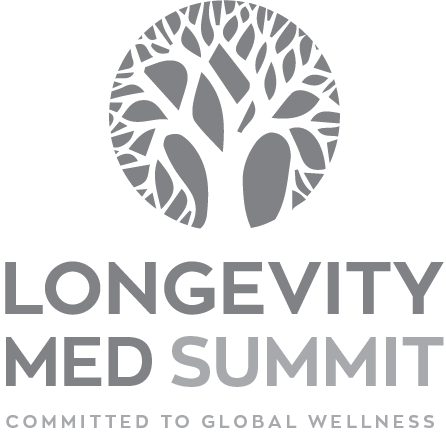
Youtube
Summit At A Glance
Pre-Summit Workshop Day